Coxycare
Coxycare is a mix of coccidiostat and antibiotics required for the treatment of coccidiosis and secondary bacterial infections that may result from the disease.
- This product is manufactured by Bifems Animal Health & Agricultural Services, a reliable brand for the production of animal health products.
- This product is suitable for livestock animals including chickens, sheep, goats, cattle, rabbits, etc.
Coxycare WSP: Composition
Each 100g contains…
- Sulphaquinoxallin 15g
- Oxytetracycline 3.5g
- Vitamin K 1.5g
Coxycare: Indications
- The product is a combination of sulphaquinoxallin and oxytetracycline for effective control of intestinal and caecal coccidiosis in chicken, turkeys, rabbits, calves, sheep, goat.
Dosage and administration
- Prevention 100g into 170 litres of clean water for 5 days.
- Treatment 100g into 150 litres of clean water for 5 days.
Withdrawal period
- Nill
Coccidiosis in birds
- Coccidiosis is a common parasitic disease of poultry birds caused by single-celled protozoan parasites of the genus Eimeria which are commonly referred to as coccidia.
- Birds with clinical cases of coccidiosis frequently display depression, prostration, huddling under the heat source as if chilled, soiled vents and watery or bloody droppings.
- In order to determine the type of coccidiosis affecting a flock, it would be desirable to examine a sample of birds showing symptoms or fresh dead birds. But let’s leave the details to parasitologists.
Coccidiosis prevention and control
- Coccidial oocysts are extremely resistant to environmental conditions and disinfectant agents, therefore, eradication of coccidiosis from chicken houses by litter removal, cleaning and disinfection are not feasible.
- There have been two main tools to prevent and control coccidiosis in poultry flocks: Anticoccidial agents (e.g. Coxycare) and live coccidiosis vaccines.
- In addition to these two main tools, coccidiosis can be controlled by proper hygiene. Good hygiene, such as cleaning boots and exchanging clothes between sheds, and the eradication of rodents, assists in minimizing the transmission of oocysts.
- Effective farm management, such as well maintained, drip-free water lines, minimize the level of infective oocysts in the litter, as desiccation significantly reduces sporulation.

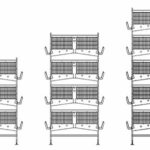


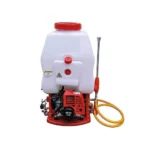
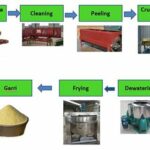

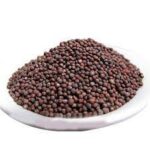






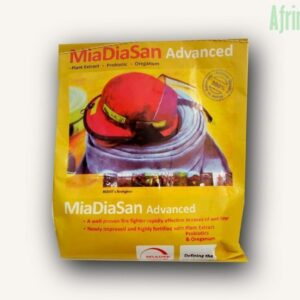

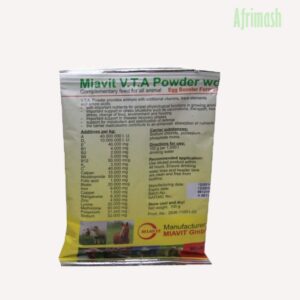
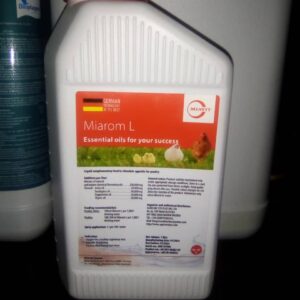
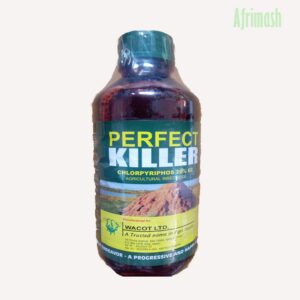

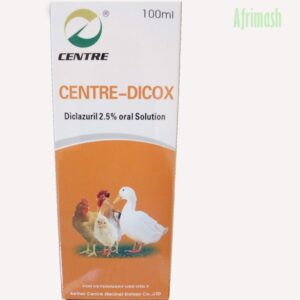
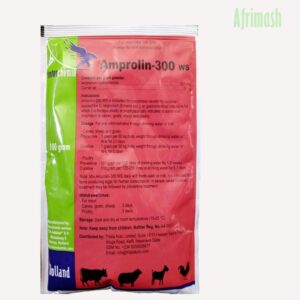
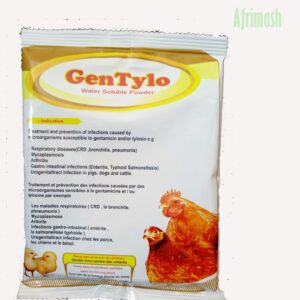
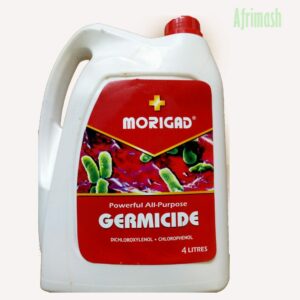
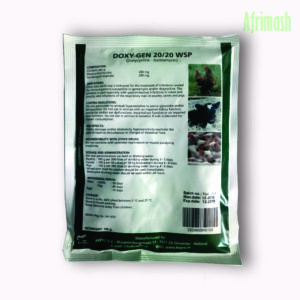
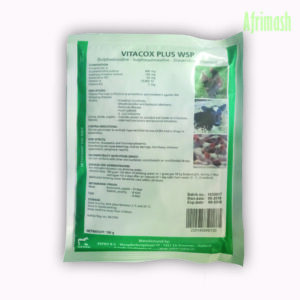
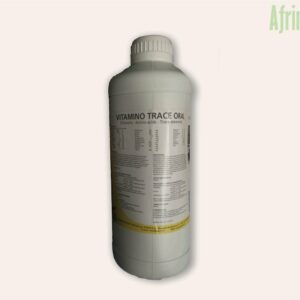
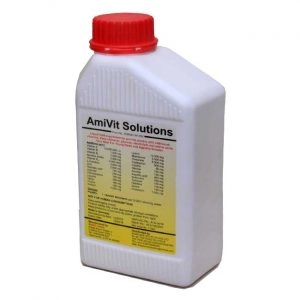

Reviews
Clear filtersThere are no reviews yet.